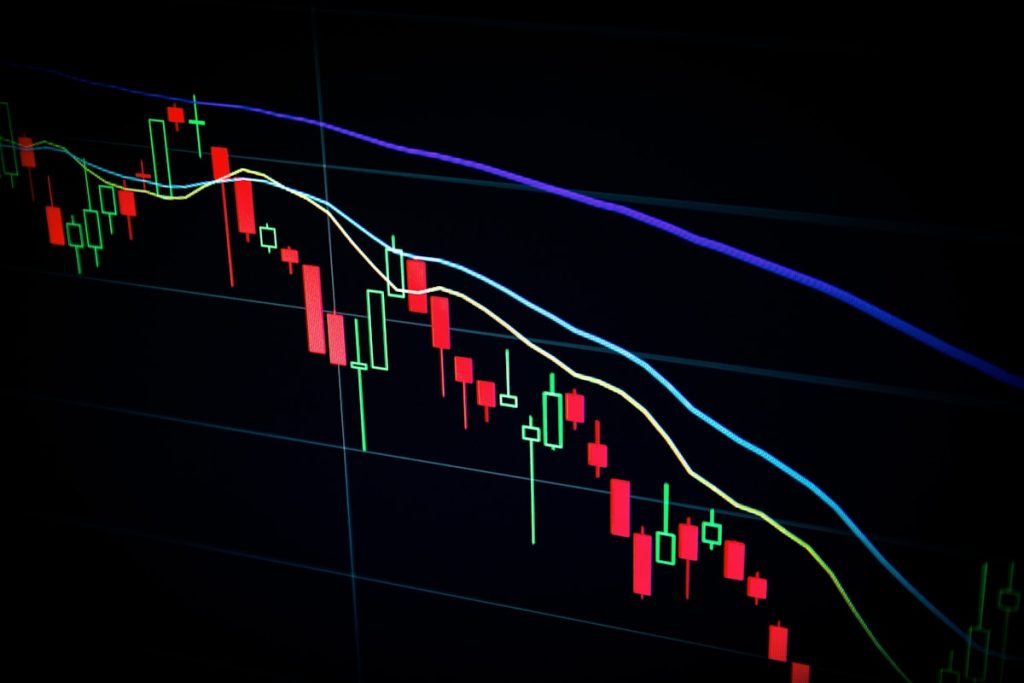Asian Shares Rise Amid Cautious Optimism After China-US Trade Talks
Asian equity markets closed mostly higher on Thursday, as investors reacted to the conclusion of high-level trade discussions between China and the United States. While the talks ended without a formal agreement, regional indices edged upward on hopes of continued dialogue and the absence of immediate escalations in tariffs.
Market Performance Across the Region
Japan’s Nikkei 225 rose 0.9%, buoyed by gains in technology and manufacturing stocks. Hong Kong’s Hang Seng Index climbed 1.3%, while China’s Shanghai Composite advanced 0.6% following reports of potential domestic stimulus measures. South Korea’s KOSPI gained 0.4%, though Australia’s ASX 200 dipped 0.2% amid concerns over commodity prices.
Trade Talks: No Deal, But Progress Noted
The two-day meeting between Chinese and U.S. trade representatives concluded with no breakthrough on longstanding issues such as tariffs, intellectual property disputes, and technology restrictions. However, both sides emphasized a commitment to further negotiations, easing fears of an immediate breakdown in relations. Analysts noted that markets had priced in low expectations for a resolution, making the lack of negative developments a relief.
Factors Driving Market Sentiment
- Relief Rally: Investors welcomed the absence of new tariffs or retaliatory measures, which had been a key concern ahead of the talks.
- Policy Support: China’s central bank hinted at additional monetary easing, lifting sectors like real estate and infrastructure.
- Tech Sector Strength: Semiconductor and electric vehicle stocks surged amid expectations of stabilized supply chains.
Currency and Commodity Markets
The Chinese yuan stabilized at 7.18 against the U.S. dollar, reflecting reduced immediate trade risks. Meanwhile, the Japanese yen weakened slightly, boosting export-oriented equities. Oil prices edged higher, with Brent crude rising 0.8% on improved demand outlooks.
Analysts Urge Caution
Some market participants warned that the lack of a concrete agreement leaves lingering uncertainties. “While markets are breathing a sigh of relief, structural tensions remain unresolved,” said Mei Lee, an economist at SG Bank. “Investors should brace for volatility as both nations navigate election cycles and policy shifts.”
Looking Ahead
Attention now turns to upcoming economic data, including China’s industrial production figures and U.S. inflation reports, which could influence central bank policies. With trade talks expected to resume in October, markets will closely monitor signals of compromise or further friction.



